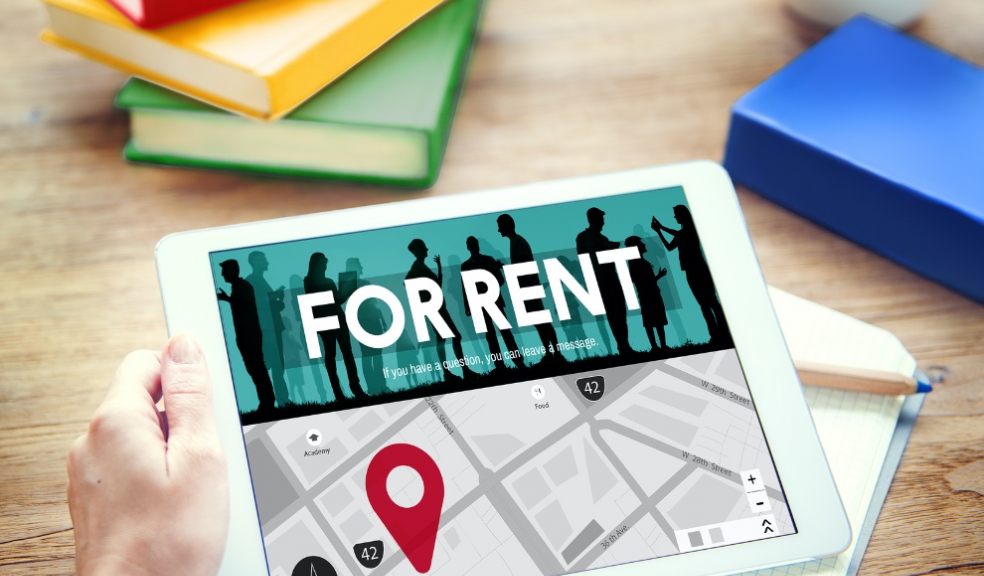
7 costs of renting you may have forgotten
Whether the reasons are fiscal or personal, millions and millions of people are choosing rentals over buying property these days. While homeownership is generally straightforward about what your responsibilities and expenses are, renting can have more hidden costs associated that you might not think of on your own when you're looking for your new place. Before you sign a lease, it's important to budget for all the expenses you'll encounter as a renter and make sure that you can afford your house or apartment, including all of the additional costs beyond the monthly rent. In case you need a refresher, let's go over seven costs of renting that you may have to deal with.
1. Security Deposits

In most cities, landlords will require a refundable security deposit prior to move-in. This isn't as costly as a down payment, but it is something to budget for when you're looking to move. Another issue is making sure you get your security deposit back when you're ready to move out. Take photos when you move in and when you leave. Make sure you leave the space in the condition you found it if you want to avoid getting charged for costly repairs.
2. Laundry
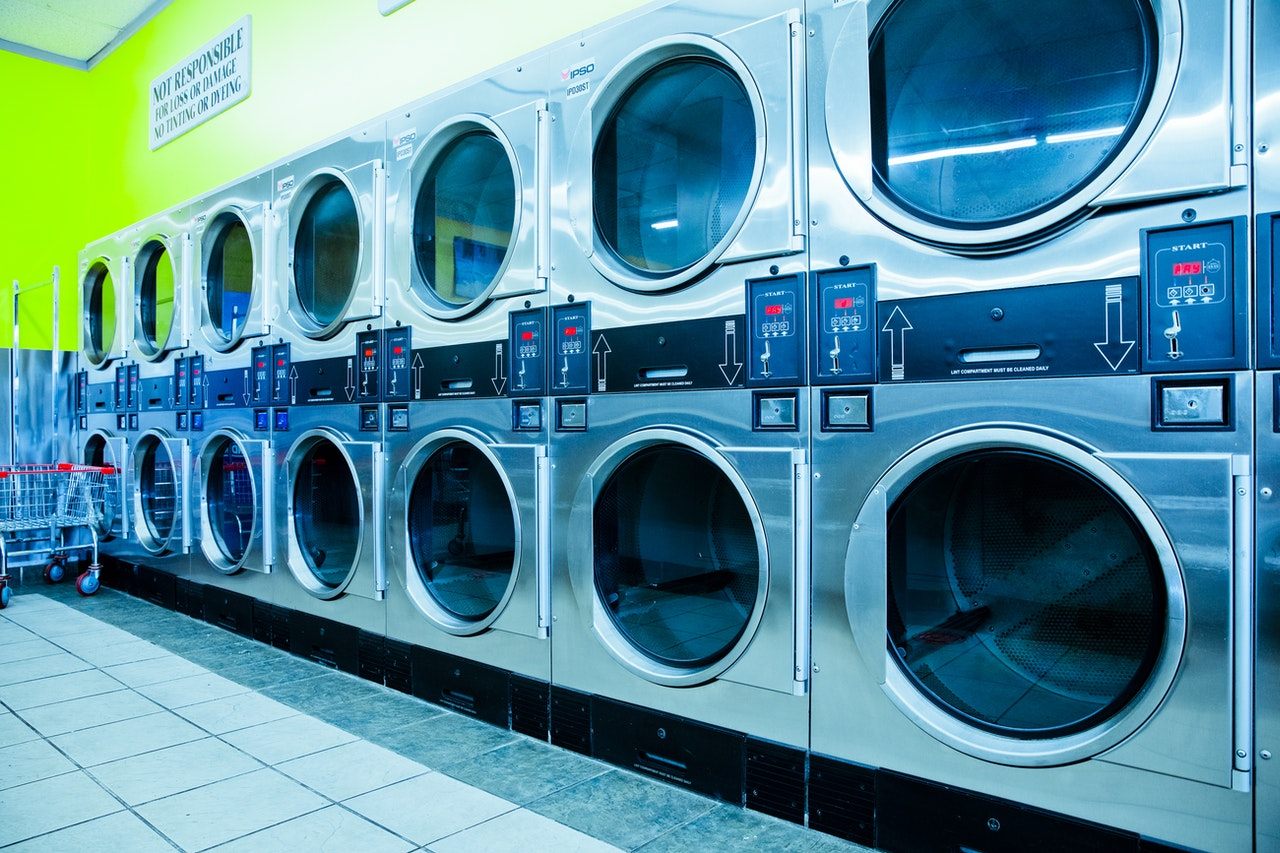
Most apartment buildings don't provide a washer and dryer in-unit for you to do your laundry, which means that you'll typically have to pay a small fee to use communal machines. Usually, a coin-operated (or credit card-friendly) laundry room won't cost too much money, but it's still useful to be aware of whether or not that's something you'll be responsible for.
3. Renters Insurance
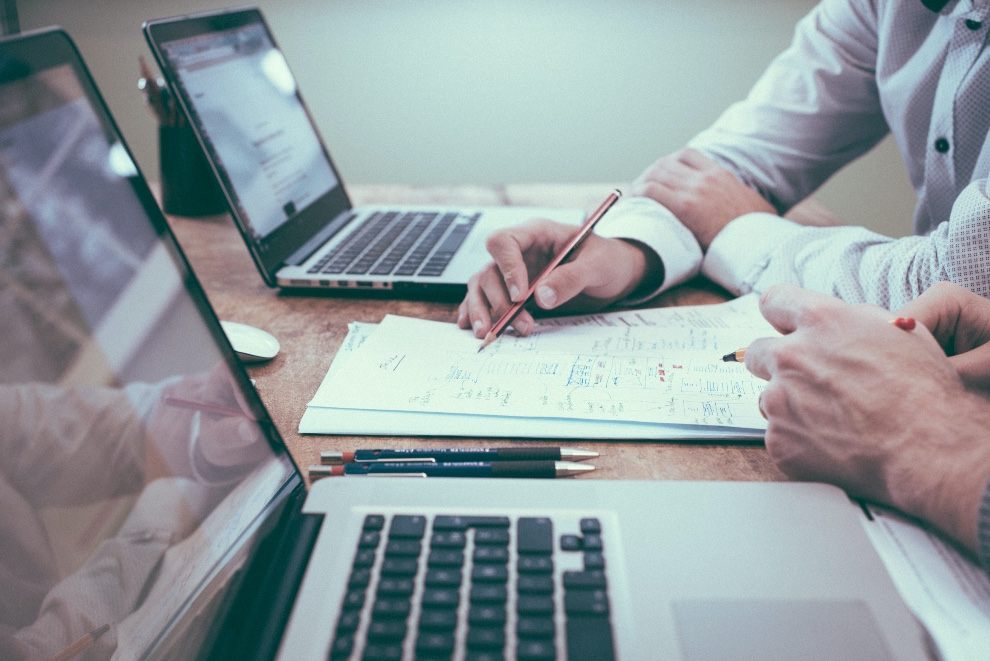
There are a lot of ways an apartment can be damaged beyond your control, and renters insurance can help protect you financially against those potential costs and losses. Renters insurance can protect against theft, fire, or other accidental damage. You can find various plans that provide various levels of coverage, depending on what your needs are and what fits within your budget. No one expects an accident or a disaster, but you'll be glad you prepared for one if it strikes.
4. Maintenance and Repair Costs
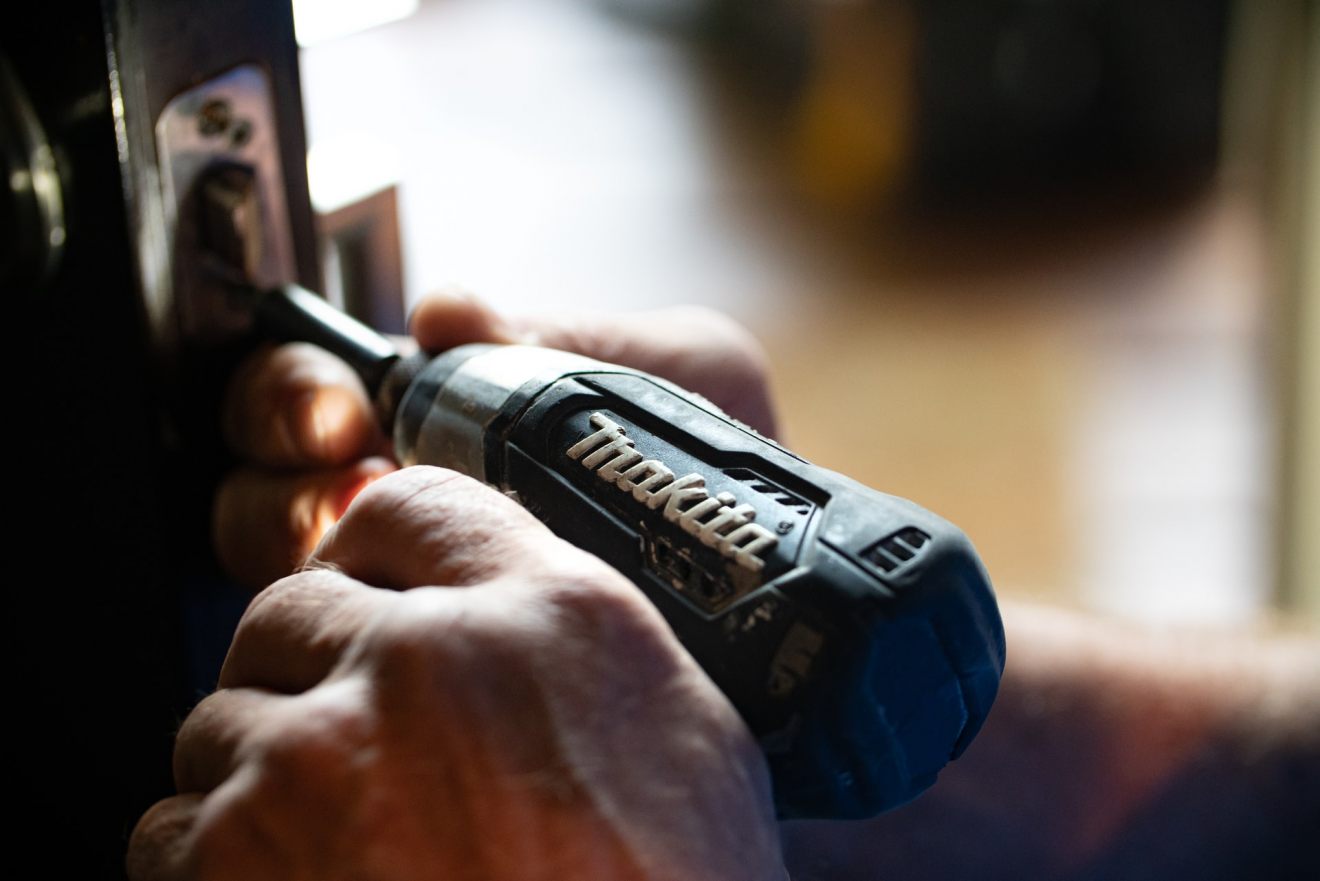
There are a lot of services, like on-site trash pickup and lawn care, that will add costs to your monthly rent. You may also be responsible for certain kinds of repairs, depending on the type of damage sustained and who is at fault.
If something is wrong, seeking out a high-quality repair service at a reasonable rate might fall to you. Appliances can be particularly tricky to manage on your own. If you find yourself with kitchen troubles, Subzero refrigerator repair is a great example of a company that can help tenants quickly, especially if your landlord can't handle a quick turnaround. A same-day repair service will get your fridge functioning and keep your food from going bad while you wait.
5. Pet Fees

If you own your home or apartment, you generally have more freedom with regard to pets than if you're renting. Depending on where you live, you may be required to pay a monthly fee or a one-time deposit. There can also be restrictions on the breed and weight of what types of pets are allowed. Checking to make sure your furry friend is both welcome and that the fees associated with pet ownership aren't excessive.
6. Utilities
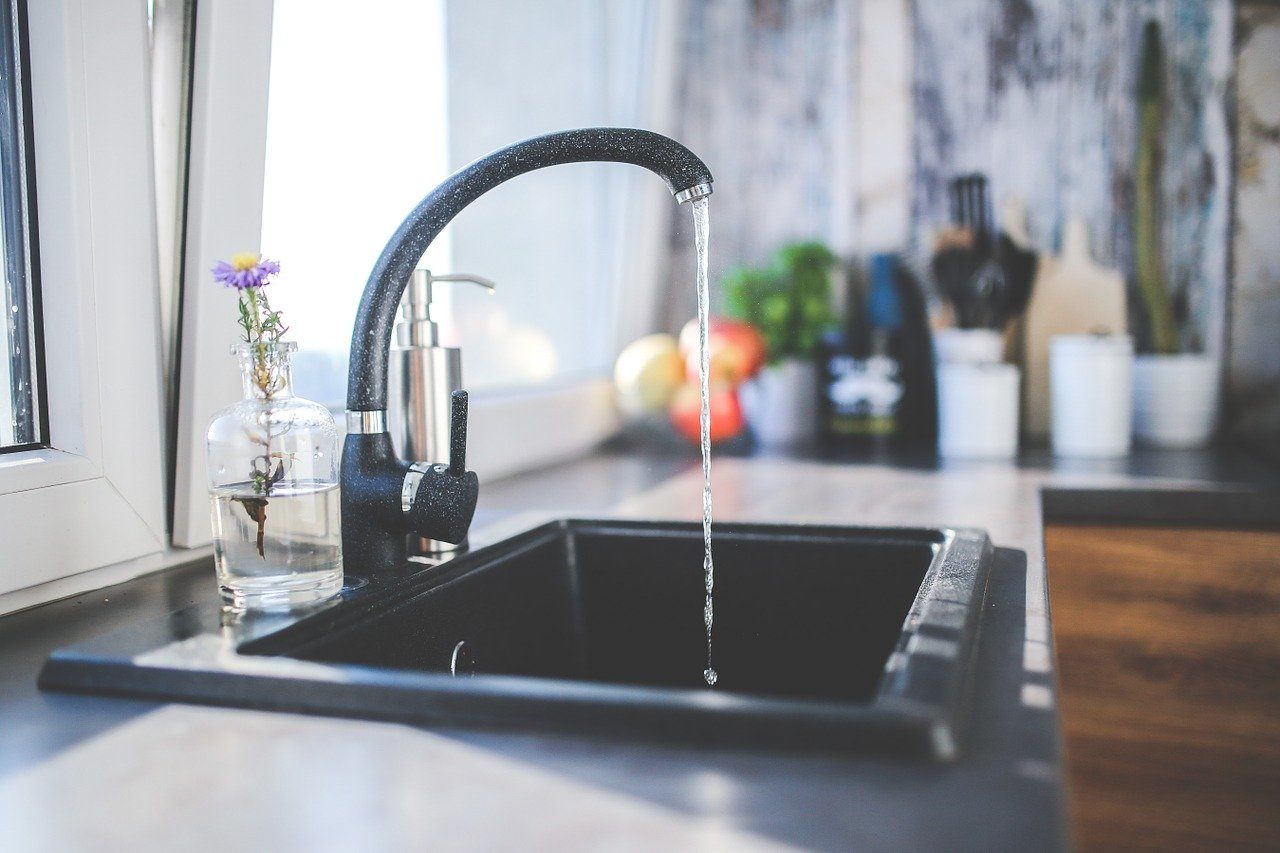
It might sound obvious, but many renters forget that they'll be paying for their utilities. Some properties include certain utilities when calculating your monthly rent, but you need to be clear about what you will need to cover every month and what the average cost is specifically near you.
7. Home Improvement

If you want to upgrade any part of your residence, it can be difficult as a renter. Any changes you make will likely have to be reverted upon moving out, at your own expense. Many landlords require that an apartment is vacated and maintained the way it was when it was rented out. If you paint a wall, for example, not only will you be paying for supplies and sinking money into it, you may also have to repaint it yourself before leaving.
While there are unique costs associated with renting, that doesn't mean it isn't the best option for many people. There's no huge down payment to be responsible for, you have more freedom to move without being tied down, and often, a lot of the more challenging maintenance issues are handled by your landlord instead of you personally. Still, before you commit to a rental, you need to do all the research necessary to understand what your monthly expenses will actually be since the rent itself is only a part of the whole picture. If you're careful and thorough, you shouldn't have any issues finding a place to live comfortably within your budget.




















